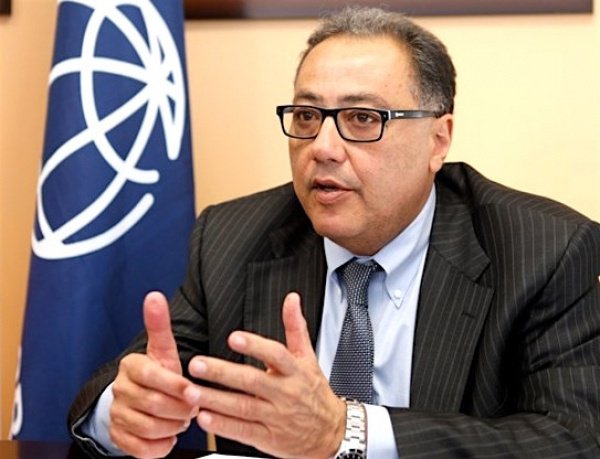Dr Hafez Ghanem, the World Bank’s Vice President, on Monday 25th March, pledged the Bank’s support towards the smooth implementation of Ghana’s Free Senior High School (SHS) programme to ensure quality education for all children of school-going age.
He challenged other African nations to emulate the success story of Ghana, saying that, quality education was the most important and not just access.
He also promised the Bank’s unflinching support for the digital reforms and cited the paperless port system. He believed it would enhance financial inclusion and revenue mobilisation to boost economic growth.
ALSO READ: No TIN no Free SHS – Gov’t warns
The World Bank’s Vice President gave the assurance when he paid a courtesy call on Vice President Dr Mahamudu Bawumia at the Jubilee House, the seat of government, in Accra.
Dr Ghanem said Ghana had played
He gave the assurance that the Bank would support the country’s priority areas and channel resources towards their success, especially, the vision of modernising the Ghanaian economy and achieving the “Ghana Beyond Aid” agenda.
Dr Ghanem commended President Akufo-Addo’s government for achieving macroeconomic stability over the past two years and said, the Bank had been working with the African Union and the United Nations Economic Commission for Africa on strategies for digital transformation of Africa.
He outlined the four strategies to achieve the African digitization agenda as; investing in digital infrastructure, human capacity to ensure more Africans become engineers and entrepreneurs so that Africa became a continent for start-ups, modernising the regulatory institutions to ensure ease of doing business, and improving the electronic governance.
On digitization, he said Africa had only 21 per cent internet accessibility and underscored the need to increase accessibility to 100 per cent.
He said a delegation from the Bank would attend Ghana’s Digital Roadmap Conference slated for May, this year.
Dr Ghanem noted that for every nation to succeed in her industrialisation agenda, there was the need to ensure linkages to the global value chains and asked the country to tread that trajectory to make a headway in her industrialization agenda.



